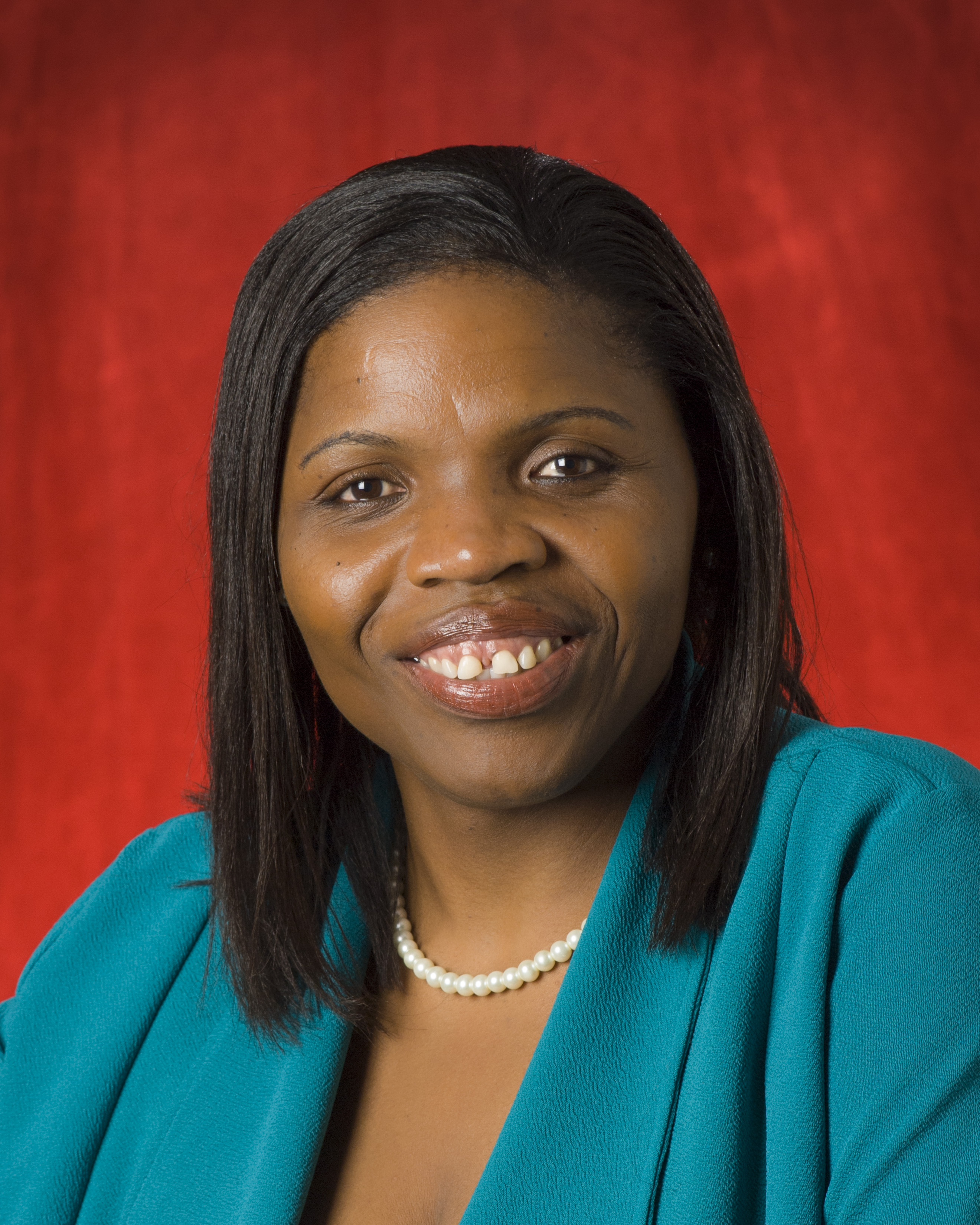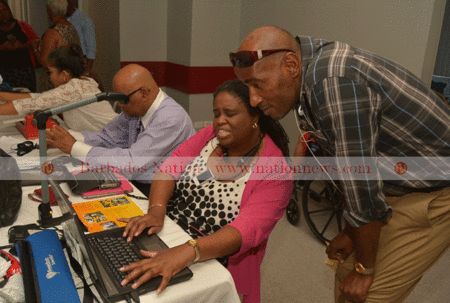With the island’s economic ailments fully on the front burner in Parliament, rum shops and households, an important occasion is slipping by unnoticed.
March is the Month of the Disabled, a special time for those remarkable members of our community who are more often than not taken for granted – and worse, discriminated against.
For the Barbados Council of the Disabled, this year’s celebrations being held under the theme: Inclusion Matters: 40 years Towards Access and Empowerment take on even more significance as it marks four decades of service to its members and the wider society – an achievement that should be applauded.
But more than the perfunctory pat on the back, members of the disabled community long for this country’s policymakers to deliver the promised gift of disabilities legislation – outstanding some four years after the island ratified the United Nations Convention on the Rights of Persons with Disabilities.
According to president of the Council, Maria Holder-Small, the legislation is a big deal for the community which represents five per cent of the Barbados population.
“For inclusion of persons with disabilities to really matter, we must also have the necessary legislation enacted by the Government that would seek to demonstrate that tangible measures are being taken to include all Barbadians,” she remarked in the Council’s message.
At the annual church service to mark the month-long celebrations of the disabled, Minister of Social Care Steve Blackett said the draft Bill was currently under consideration by Parliament.
Not good enough, Mr Minister!
The disabled community has waited long enough. This failure to set a timeline is shameful, particularly since a Bill of this nature invites bi-partisan support among parliamentarians and is likely to be passed without any drama.
The delay also sends the wrong signal that the disabled really don’t matter.
Nevertheless, the Bill has noble objectives.
It is intended to reinforce and promote acceptance that a person with a disability has the same fundamental rights as any other Barbadian.
As explained by Minister Blackett, it will address issues such as access to public facilities and services, education, employment, cultural life and support, to ensure that any current disadvantages faced by the disabled are eradicated.
“It aims to codify in law those rights to which every person with disabilities is entitled, and to ensure that they are treated according to international benchmark,” he stated.
Critical amendments are also to be made to current legislation, including the Road Traffic Act to address issues affecting parking for people with disabilities.
This remains a major concern for members of the council who are often forced to put up with the annoying habit of thoughtless Barbadians who ignore clearly marked parking spaces assigned to members of the disabled community just for their own ease and comfort.
A second significant provision is the proposed changes to Employment Rights (Prevention of Discrimination) Bill which seeks to encourage more employers to give a person with a disability an opportunity to earn a living. There are several qualified people with disabilities who have overcome tremendous odds to obtain their qualifications and it is an injustice that they are discriminated against. The fact is, technology has made it easier for persons with disabilities to easily integrate into the workforce and perform alongside their colleagues.
Last but not least, improvements are to be made to the Building Standards Bill, which promotes the construction of buildings with adequate provisions for persons with disabilities. In a developing society like Barbados, accessibility is an important feature. People with limited mobility should be able to navigate through any thoroughfare without facing any obstacles.
Clearly, this landmark legislation can go a long way to improve the lives of the disabled – all the more reason for its swift passage.
A modern Barbados cannot be satisfied that it has failed to take steps to enhance the lives of this vulnerable group which can make meaningful contributions if only they are given a fair chance.




 Ever heard the saying “it’s better to give than to receive” well that also applies to time. By volunteering we support an organization or cause and make a great difference in our communities. It’s also a great way to meet new people and learn about the challenges they face daily. Consider giving more than just money, give your time !
Ever heard the saying “it’s better to give than to receive” well that also applies to time. By volunteering we support an organization or cause and make a great difference in our communities. It’s also a great way to meet new people and learn about the challenges they face daily. Consider giving more than just money, give your time !

